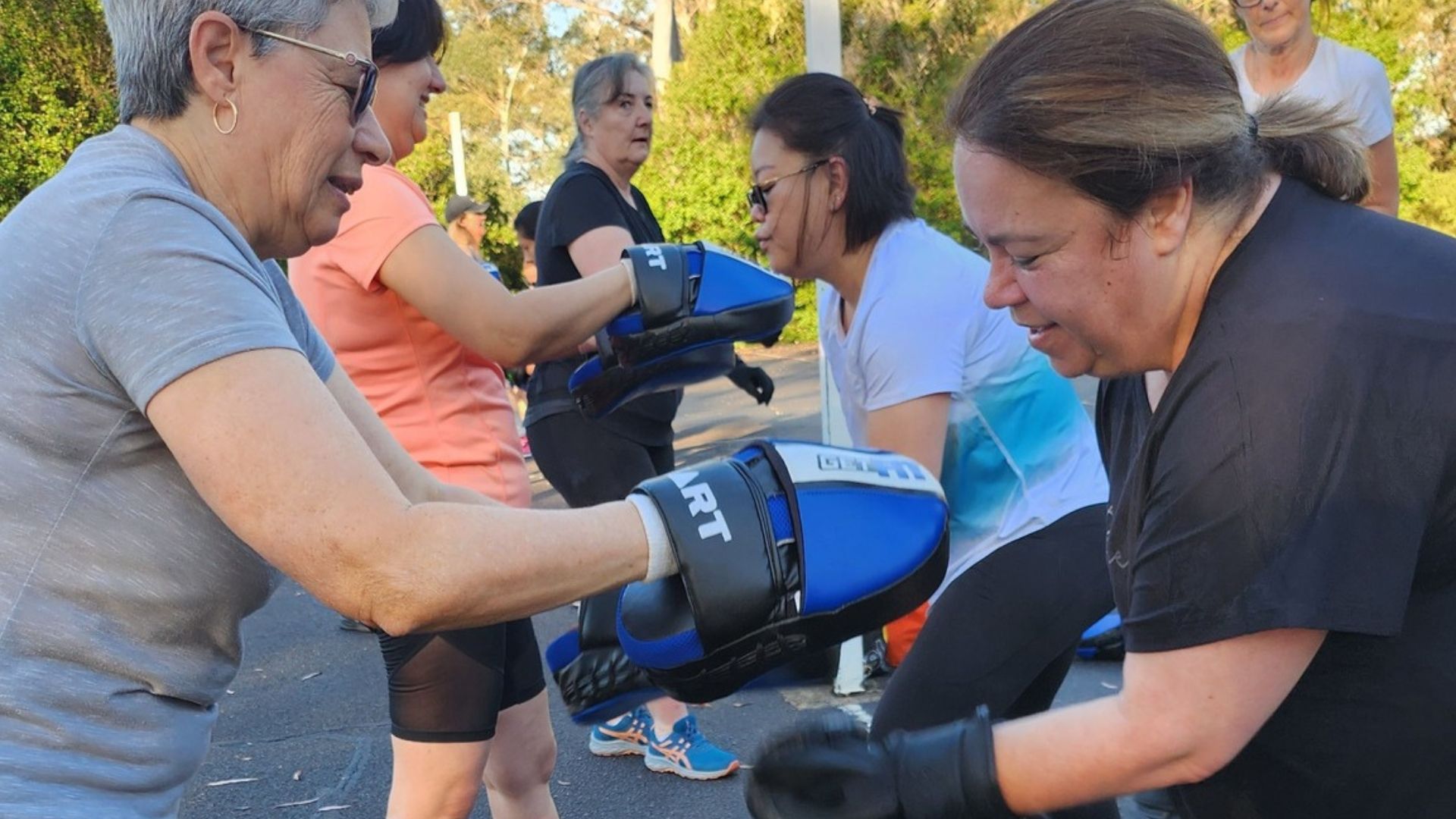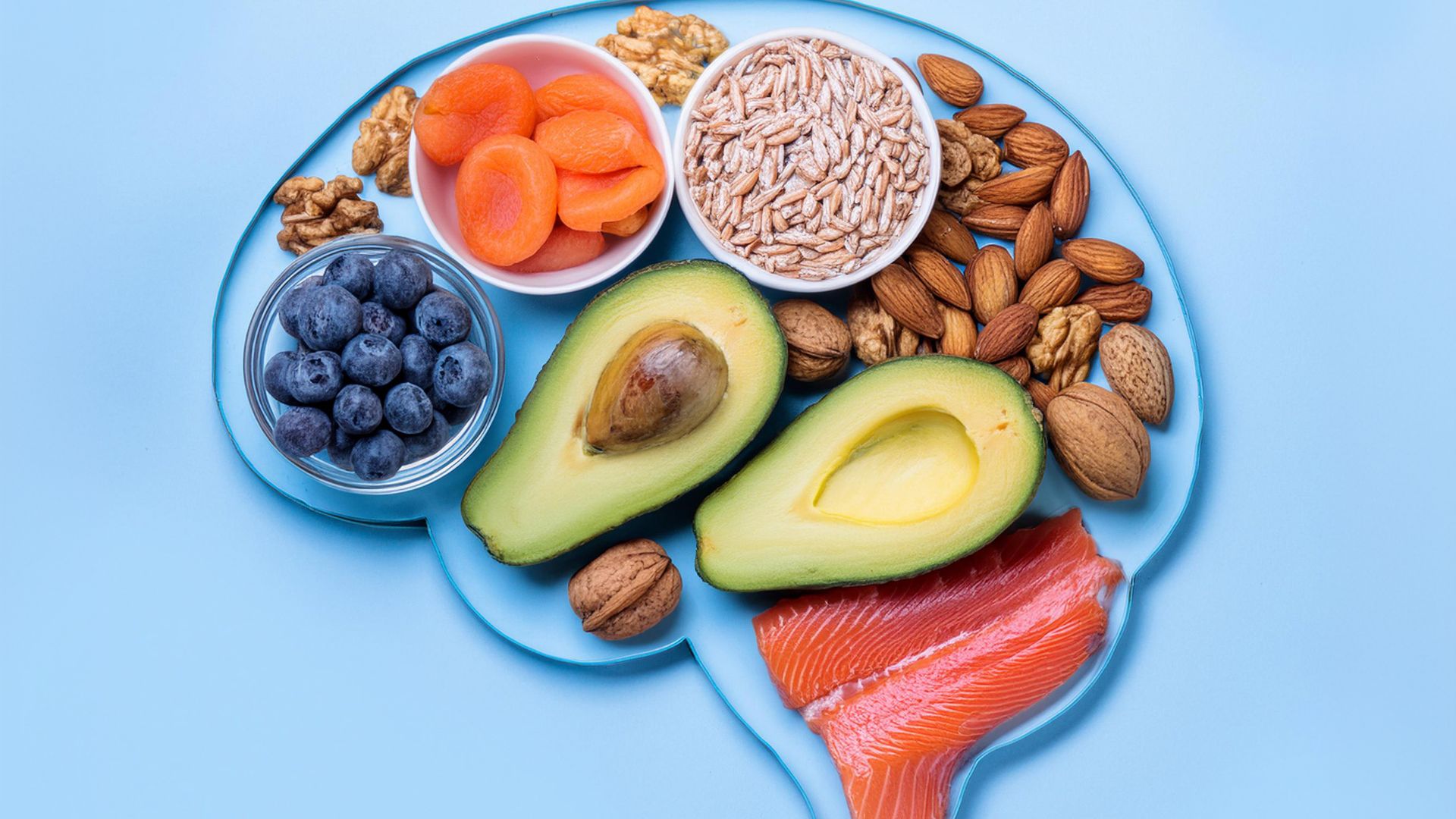Unlocking the Fountain of Youth: Lifestyle Hacks for Healthy Ageing

As we age, the need to stay healthy and mobile becomes increasingly important. Healthy ageing is not just about adding years to life but enhancing the quality of those years. Research has shown that several lifestyle factors significantly influence how we age, impacting our physical health, mental well-being, and overall quality of life. Here, we explore the key lifestyle factors that contribute to healthy ageing.
1. The Power of Nutrition

A balanced diet is fundamental to healthy ageing. Nutritional needs change as we age, and a diet rich in whole foods can help mitigate age-related health issues. Emphasizing a plant-based diet can be particularly beneficial. Studies suggest that diets high in fruits, vegetables, whole grains, and legumes can reduce the risk of chronic diseases such as heart disease and diabetes. Incorporating a variety of colorful produce not only provides essential nutrients but also promotes gut health, which is increasingly recognized as vital for overall well-being.
2. Physical Activity

Regular physical activity is one of the most effective ways to promote healthy ageing. Beyond traditional exercise, finding joy in movement can make a significant difference. Activities like dancing, gardening, or even playing with grandchildren can enhance physical fitness while also boosting mood. Engaging in community sports or group classes can foster social connections, making exercise a fun and fulfilling part of daily life.
3. Mental Health and Cognitive Engagement: The Brain-Body Connection

Mental well-being is just as crucial as physical health in the ageing process. Engaging in activities that stimulate the brain can help maintain cognitive function. Beyond puzzles and reading, consider exploring creative outlets such as painting, writing, or playing a musical instrument. These activities not only challenge the brain but also provide a sense of accomplishment and purpose. Additionally, volunteering or mentoring can create meaningful social interactions that enhance emotional health.
4. Sleep Quality

Quality sleep is essential for overall health and well-being. As we age, sleep patterns may change, leading to difficulties in falling or staying asleep. Prioritizing good sleep hygiene can enhance sleep quality. Beyond establishing a routine, consider incorporating relaxation techniques such as gentle yoga or aromatherapy before bedtime. Limiting blue light exposure from screens and creating a calming bedtime ritual can also significantly improve sleep quality.
5. Avoiding Harmful Behaviors: The Power of Choice
Certain lifestyle choices can significantly impact health as we age. Avoiding harmful behaviors is crucial for promoting longevity. Beyond quitting smoking and moderating alcohol consumption, consider the impact of excessive sugar and processed foods on overall health. Reducing sugar intake can help prevent insulin resistance and maintain energy levels, while minimizing processed foods can reduce inflammation and support heart health.
6. Regular Health Check-ups: Proactive Prevention
Proactive health management is vital for healthy ageing. Regular check-ups can help detect potential health issues early, allowing for timely intervention. In addition to standard screenings, consider discussing personalized health strategies with your healthcare provider. This could include genetic testing for predispositions to certain conditions or tailored exercise programs that suit your individual health needs.
7. Social Engagement: The Longevity Factor

Strong social connections are a cornerstone of healthy ageing. Research shows that maintaining friendships and engaging in community activities can lead to a longer, healthier life. Consider joining clubs, participating in local events, or even starting a book club. The key is to foster relationships that provide emotional support and a sense of belonging, which can significantly enhance mental health and resilience.
8. Mindfulness and Stress Management

In our fast-paced world, managing stress is essential for healthy ageing. Mindfulness practices, such as meditation and deep breathing exercises, can help reduce anxiety and improve emotional well-being. Incorporating mindfulness into daily routines—whether through a few minutes of meditation in the morning or mindful walking—can enhance focus and promote a sense of calm. Additionally, exploring nature through hiking or simply spending time outdoors can provide a natural boost to mental health.
Conclusion
Healthy ageing is a multifaceted process influenced by various lifestyle factors. By prioritizing nutrition, physical activity, mental health, sleep quality, and avoiding harmful behaviors, individuals can enhance their quality of life as they age. Embracing these lifestyle changes not only promotes longevity but also fosters a fulfilling and vibrant life in the later years. As the saying goes, “Age is merely the number of years the world has been enjoying you,” and with the right choices, those years can be rich with health and happiness.




